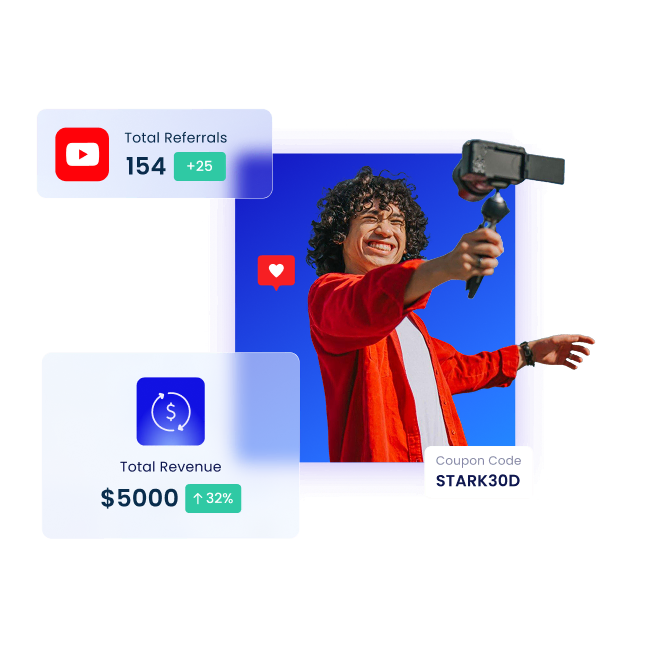



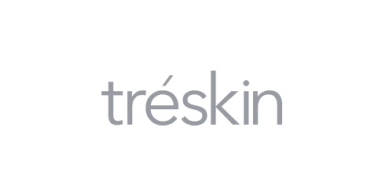







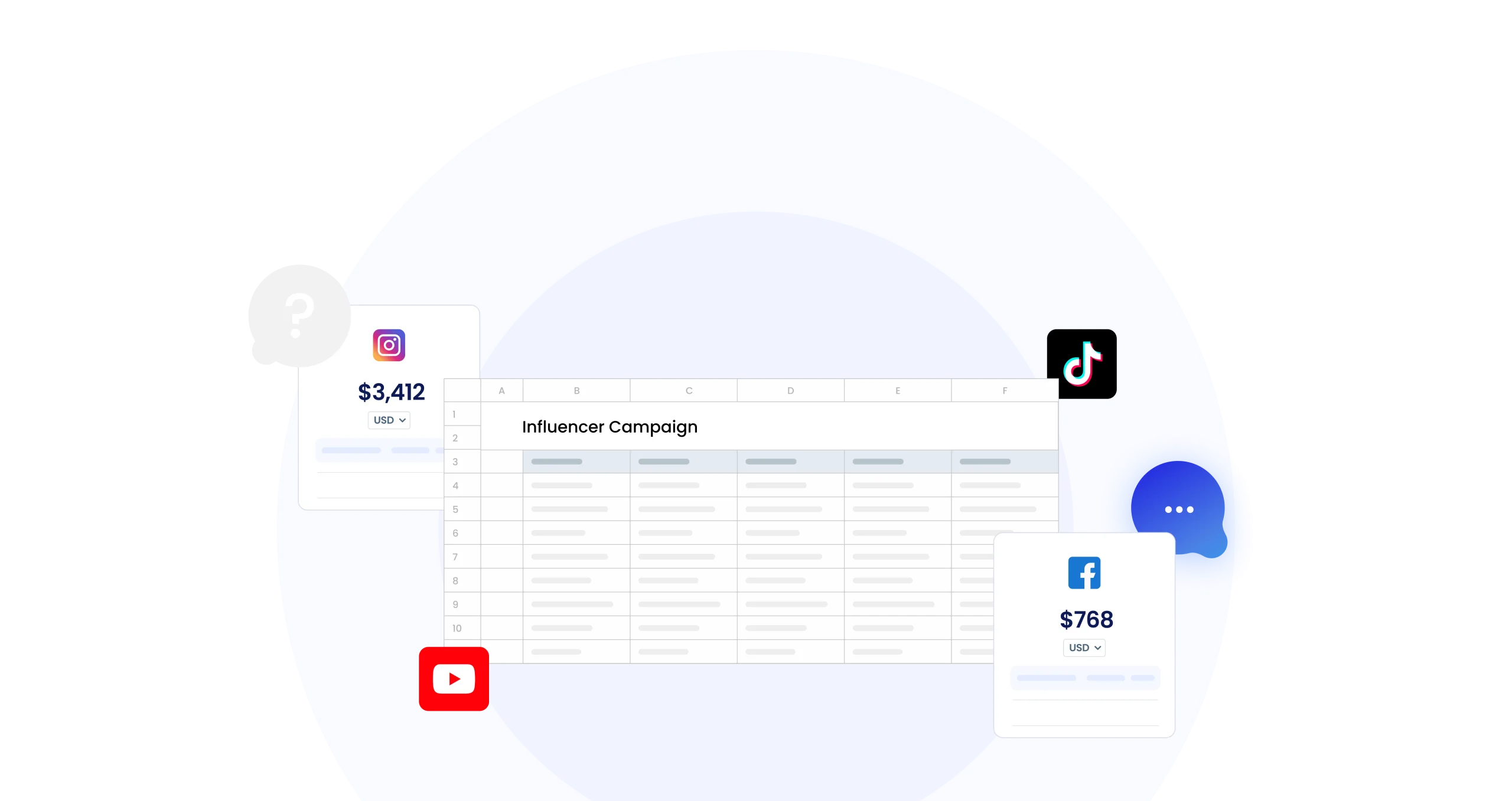
Too many different types of
influencers to handle
YouTube, TikTok, Facebook, Instagram, and more. It’s simply just overwhelming to approach and manage these collabs. You need a solution that simplifies the workflow with built-in precise tracking to mornitor your program performance.

One influencer management solution for all of your headaches
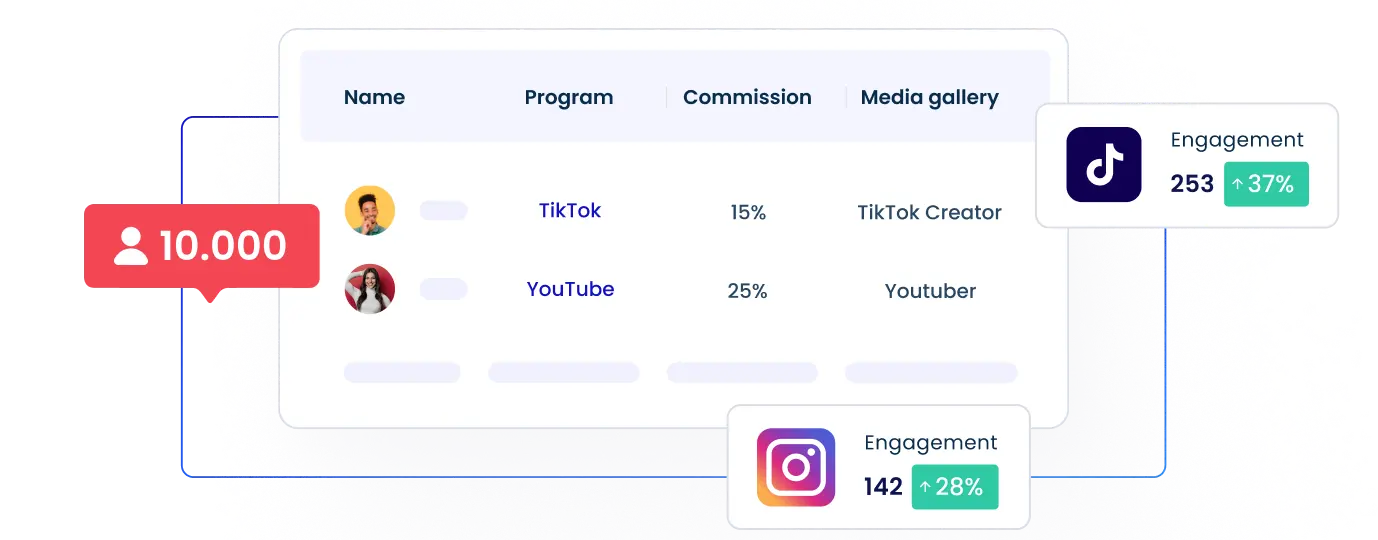
Differentiate influencers by objectives
Create multiple programs to manage creators aligned with your audience and objectives. Customize terms, rewards, and media for each program, regardless of the channel.
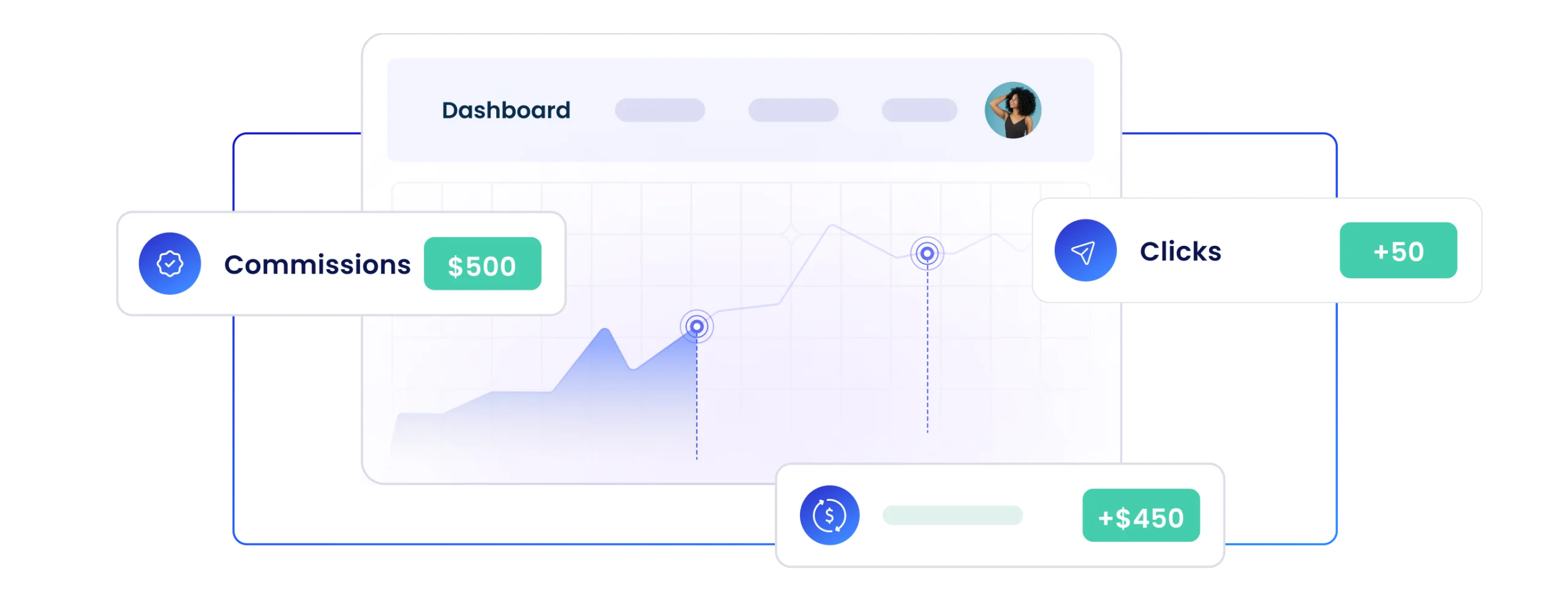
Streamline tracking & managing workflow
Our influencer management solution offers analytics and reporting to track campaign performance. Save time and reduce administrative burdens by eliminating manual processes.
Simplify influencer marketing with UpPromote
Segment influencers via programs

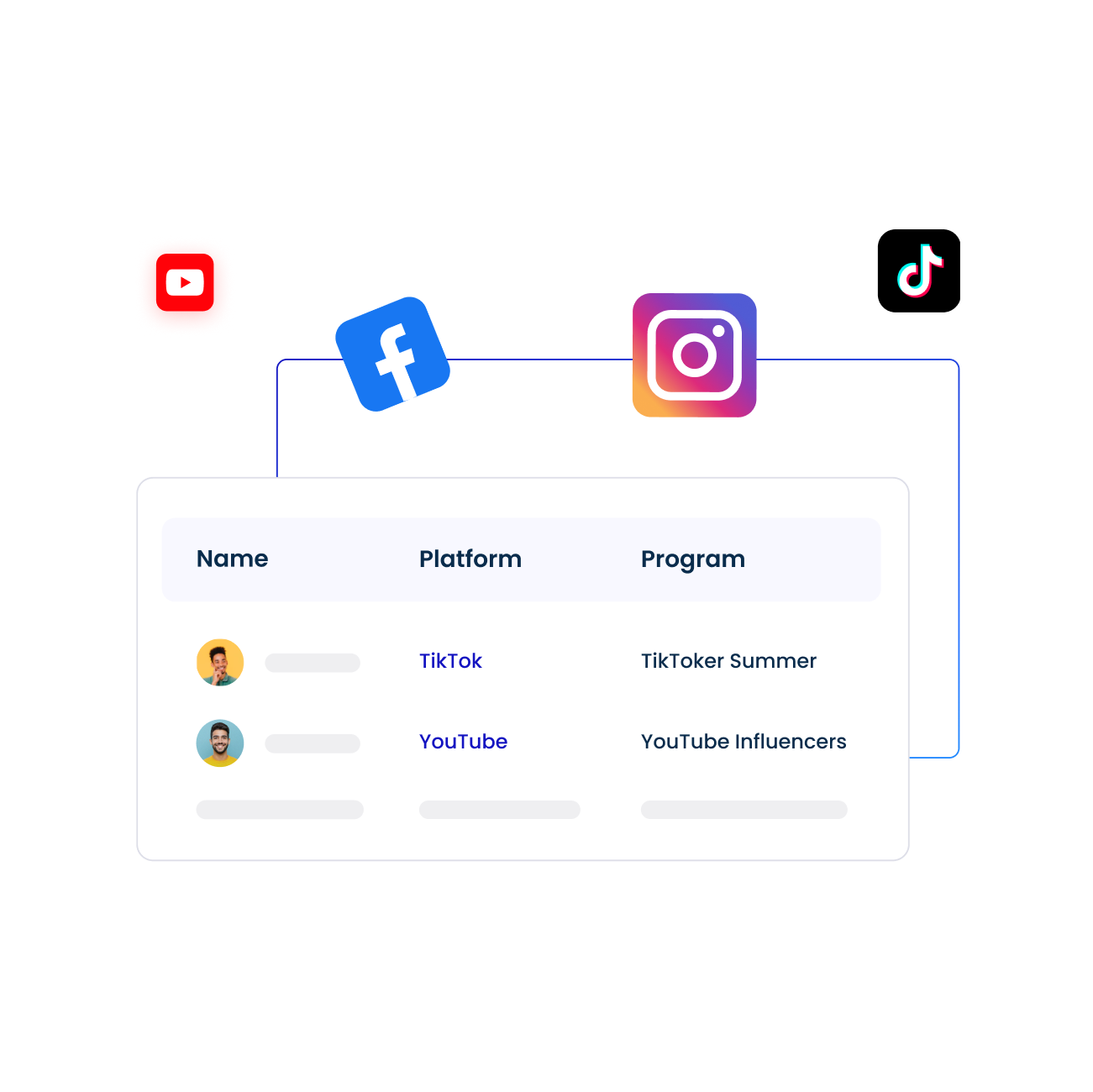
Generate coupon codes &
auto-assign

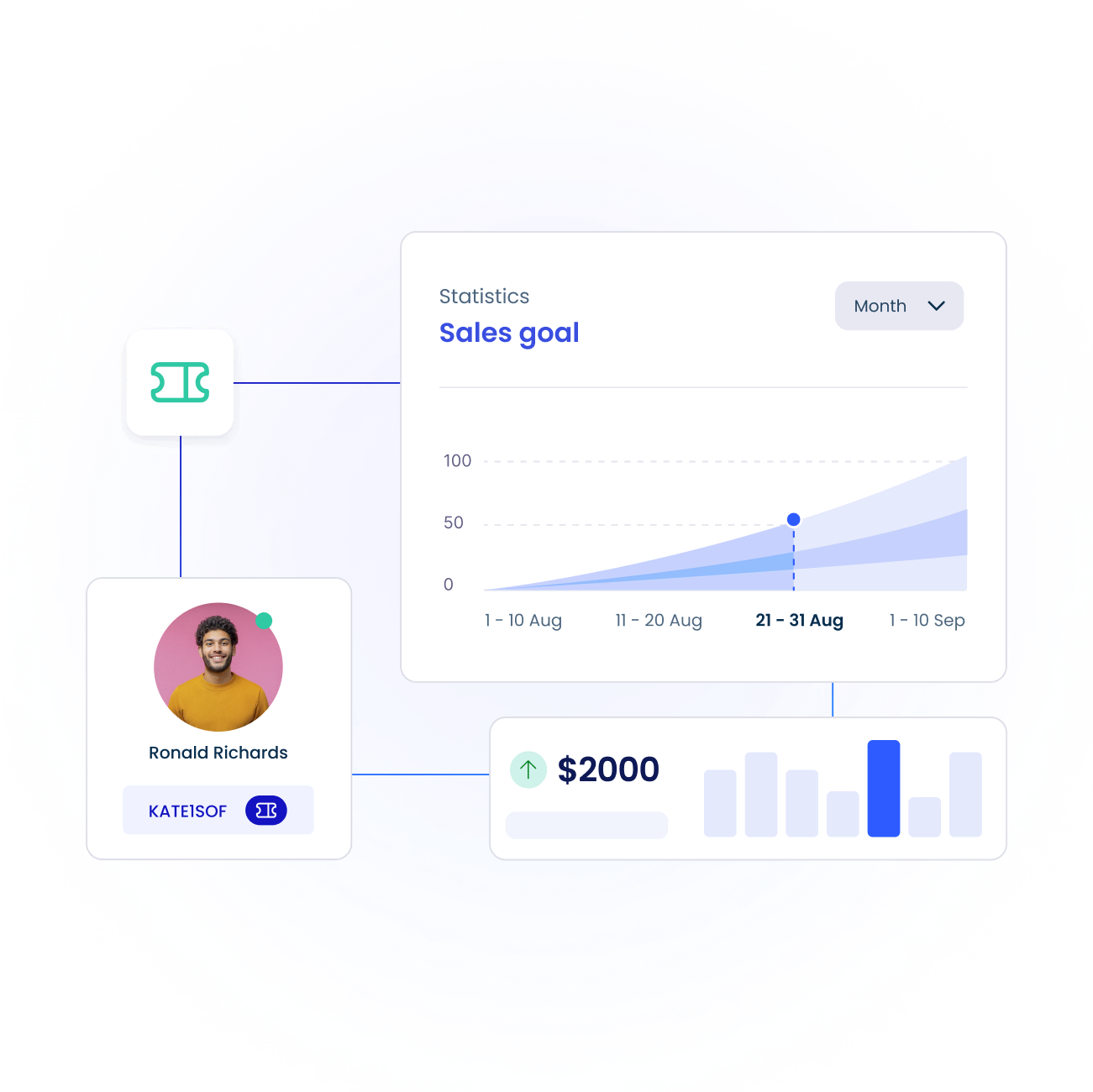
Motivate & engage with influencers

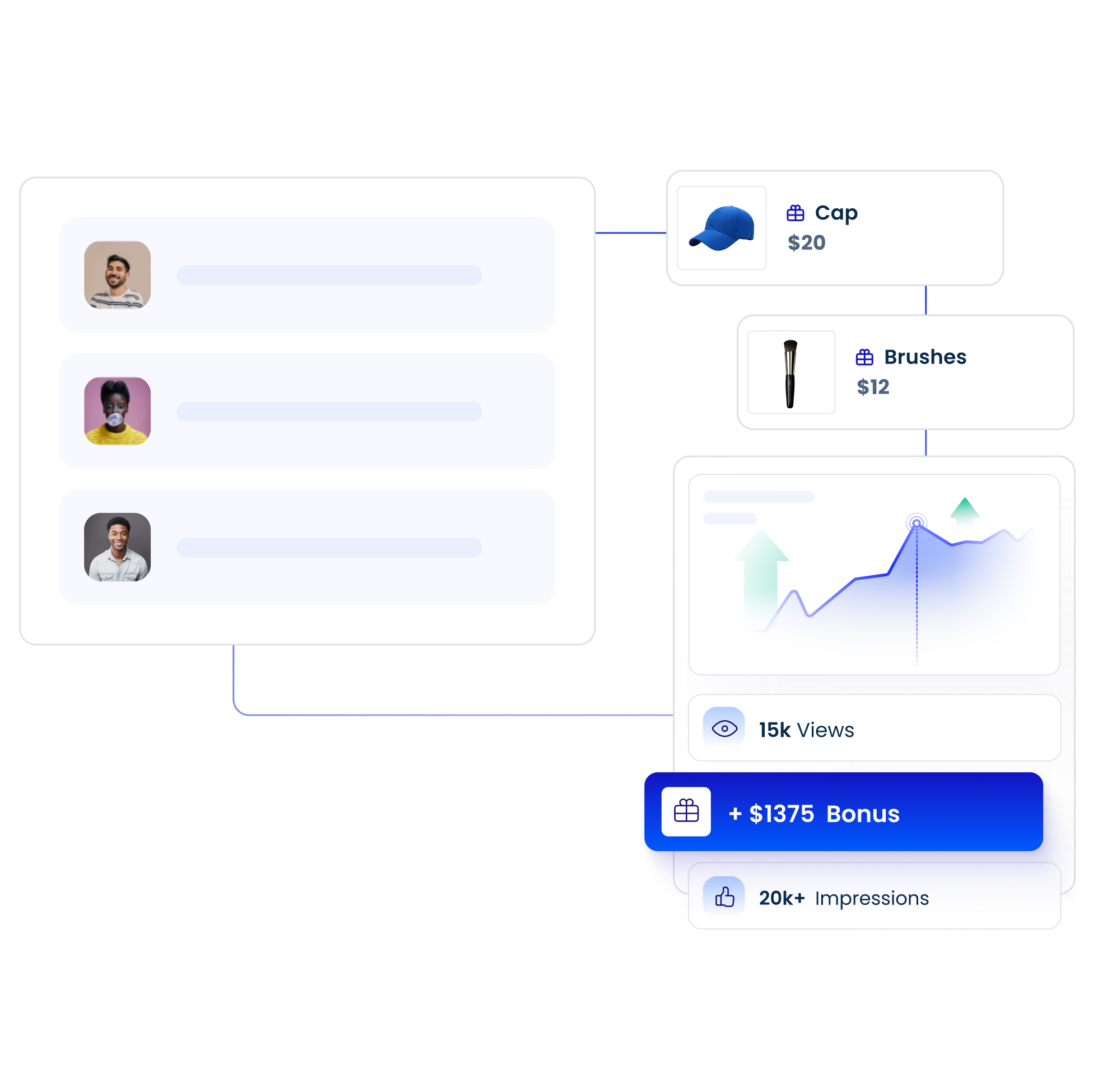
Track and make data-informed decisions

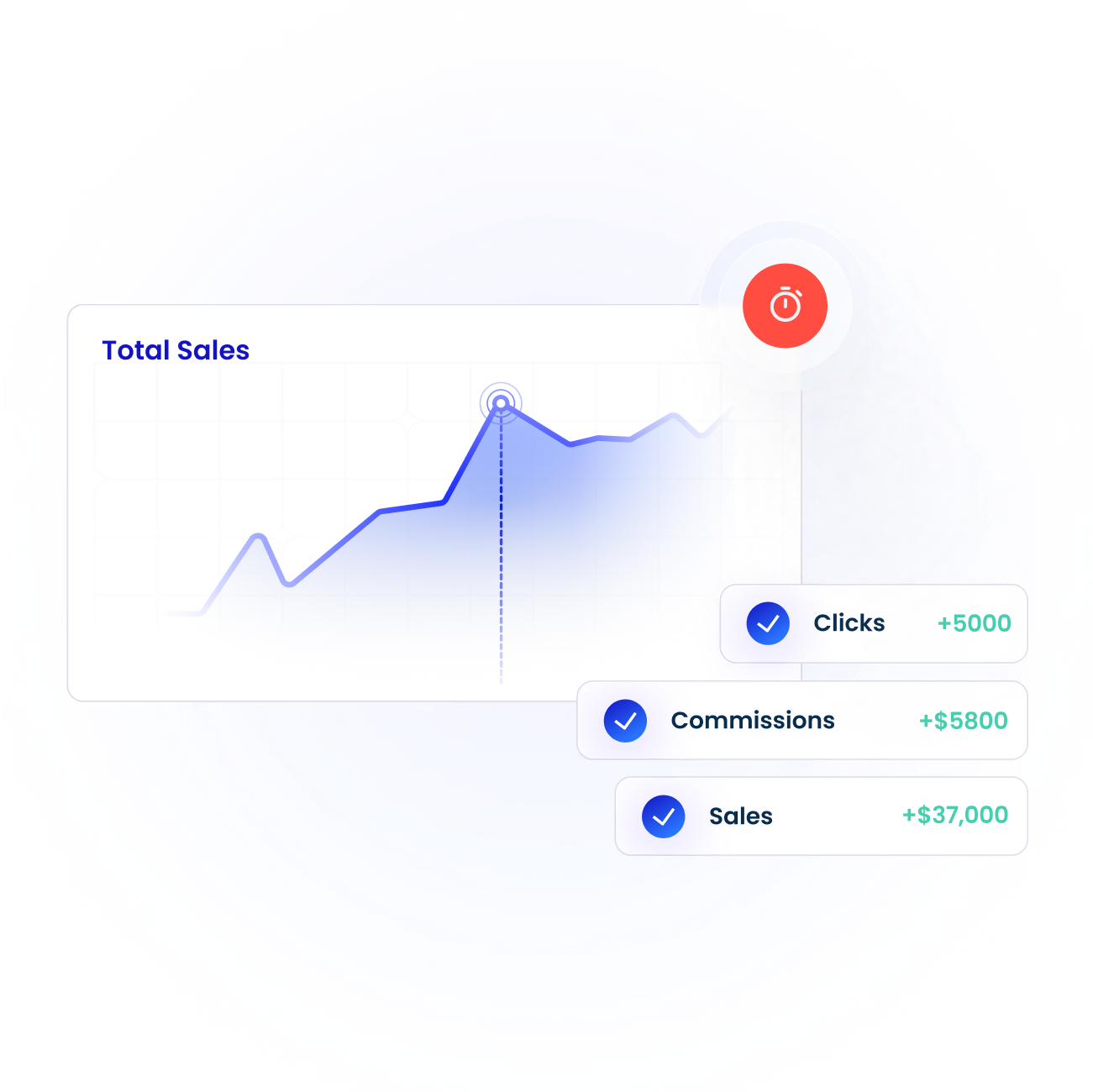
Pay influencers in multiple forms

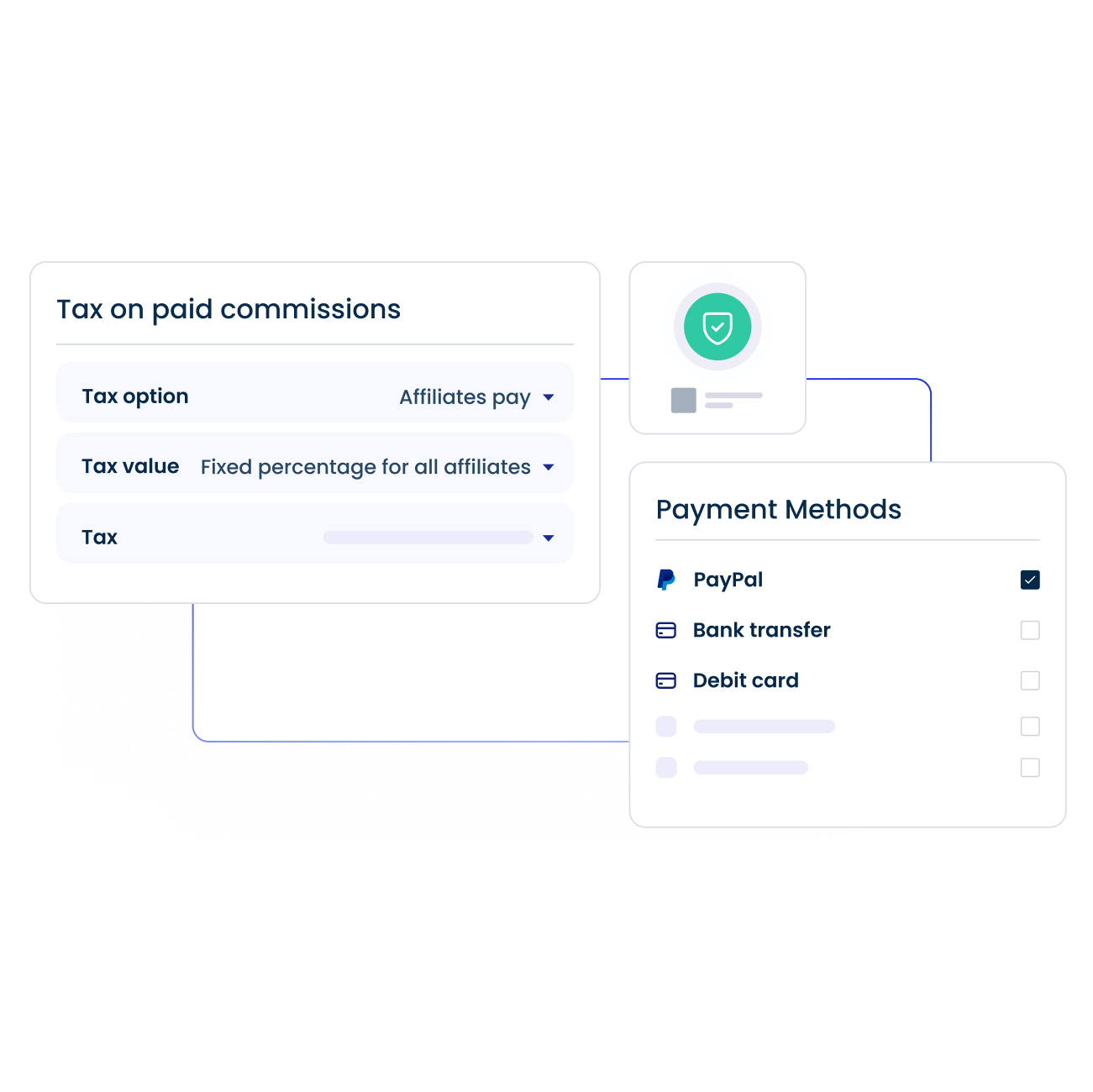

See how our
clients use UpPromote
Get the perfect UpPromote’s plan for your store
Discover the ideal UpPromote plan tailored for your store's needs to maximize your affiliate marketing efforts and drive success for your e-business.

Free
Everything for the first campaign

Growth
Expand your affiliate network

Professional
Manage your affiliates like a pro.

Enterprise
Scale fast without limits
Frequently asked questions
As mentioned above, we make influencer programs easier and faster! You have a centralized solution with all the ability to set campaigns, manage & motivate influencers, and track their performances.
We are more than happy to help you migrate your team to UpPromote!
Yes! UpPromote is both easy-to-use and easy-to-start. Our plans start at $0 and can be scaled as your business grows. In addition, you don’t need to be tech-savvy to use UpPromote. Plus, our 24/7 support is always available to assist you every step of the way.

Get started with
UpPromote today!
Install now and build influencer collab campaigns with ease.
Start for free





